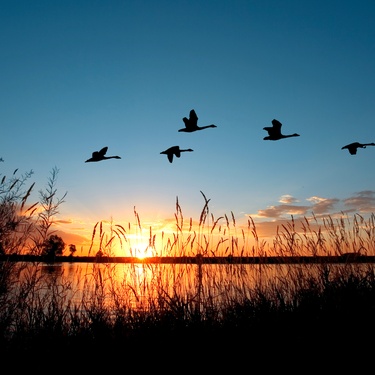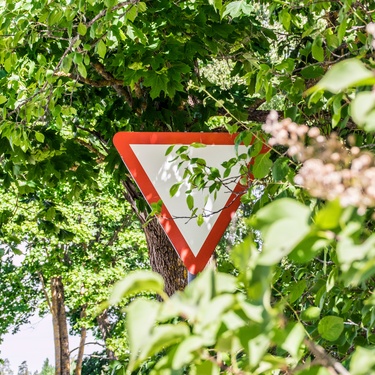
Duck hunting requires strategy, patience, and the right techniques to consistently bring in birds. Whether you’re a seasoned hunter or just starting out, fine-tuning your approach can make a huge difference. Consider these four expert suggestions for better duck hunting.
Scout Locations Before the Hunt
Knowing where the ducks are before the season starts is one of the most effective ways to improve your hunting success. Ducks follow specific migration patterns and favor certain habitats depending on water levels, food availability, and pressure from other hunters. Take the time to scout areas well in advance, looking for roosting spots, feeding grounds, and travel corridors. Identifying key locations ahead of time increases your chances of setting up in the right spot when it matters most.
Invest in High-Quality Concealment
Ducks have sharp eyesight and can easily spot movement or unnatural shapes in their environment. If your blind or camouflage isn’t blending in perfectly, you’ll struggle to bring birds into range. Using natural vegetation, layout blinds, and face coverings eliminates any unnatural outlines. Pay attention to how sunlight changes throughout the day and adjust your positioning accordingly. The better you blend into your surroundings, the more likely ducks are to commit to your spread.
Perfect Your Calling Technique
Duck calls can be powerful tools, but using them incorrectly can scare birds away instead of bringing them in. The key is knowing when to call and when to stay quiet. Too much calling can make ducks suspicious, while the right amount of chatter can convince them that your spread is the real deal. Start with soft, subtle quacks and feeding chuckles, and increase volume as needed. Pay attention to how ducks react and adjust your calling strategy accordingly.
Master the Art of Decoy Spreads
A well-planned decoy spread can make all the difference in landing more ducks. Ducks rely heavily on sight when choosing where to land, so your decoys need to look natural. Spacing, movement, and species variety all play a role in making your setup believable. Using motion decoys or a jerk rig adds realism to your spread, making it more attractive to passing flocks. Learning how to adjust decoy spreads to land more ducks based on wind direction, water conditions, and hunting pressure gives you a distinct advantage.
Now that you know these four suggestions for better duck hunting, you can refine your strategy and increase your chances of success. With a little preparation and the right approach, your next hunt could be your most rewarding one yet.
Bio: Casey is a passionate copyeditor highly motivated to provide compelling SEO content in the digital marketing space. Her expertise includes a vast range of industries from highly technical, consumer, and lifestyle-based, with an emphasis on attention to detail and readability.



















